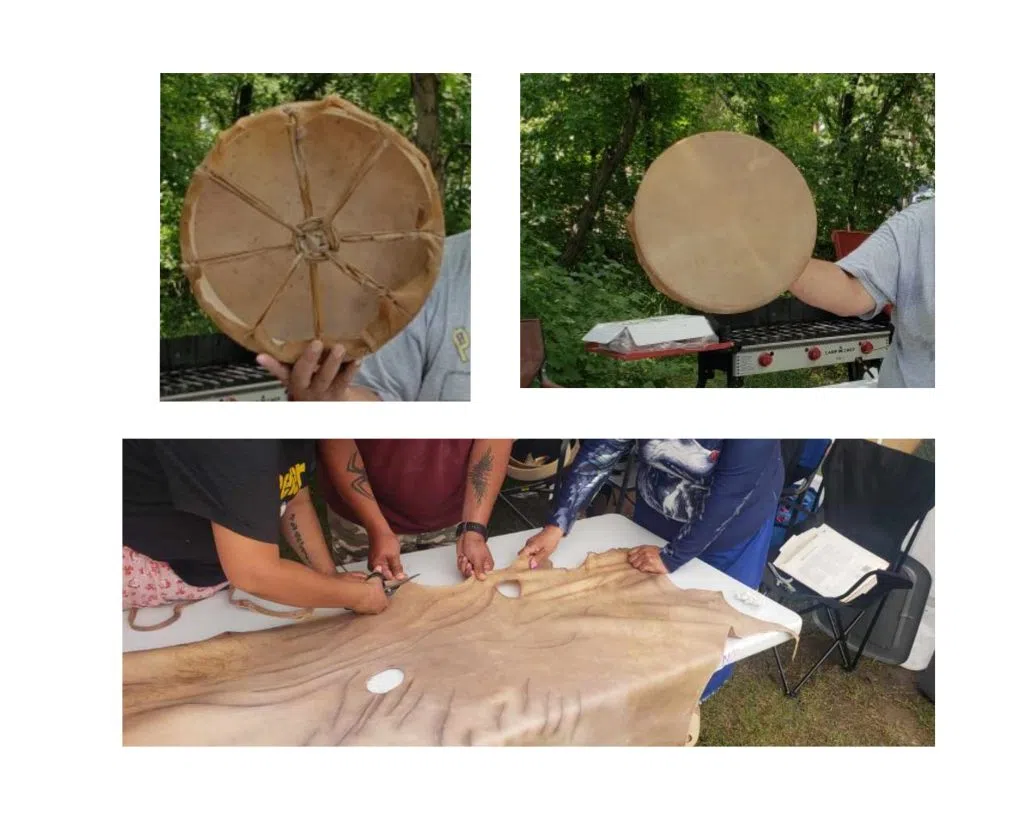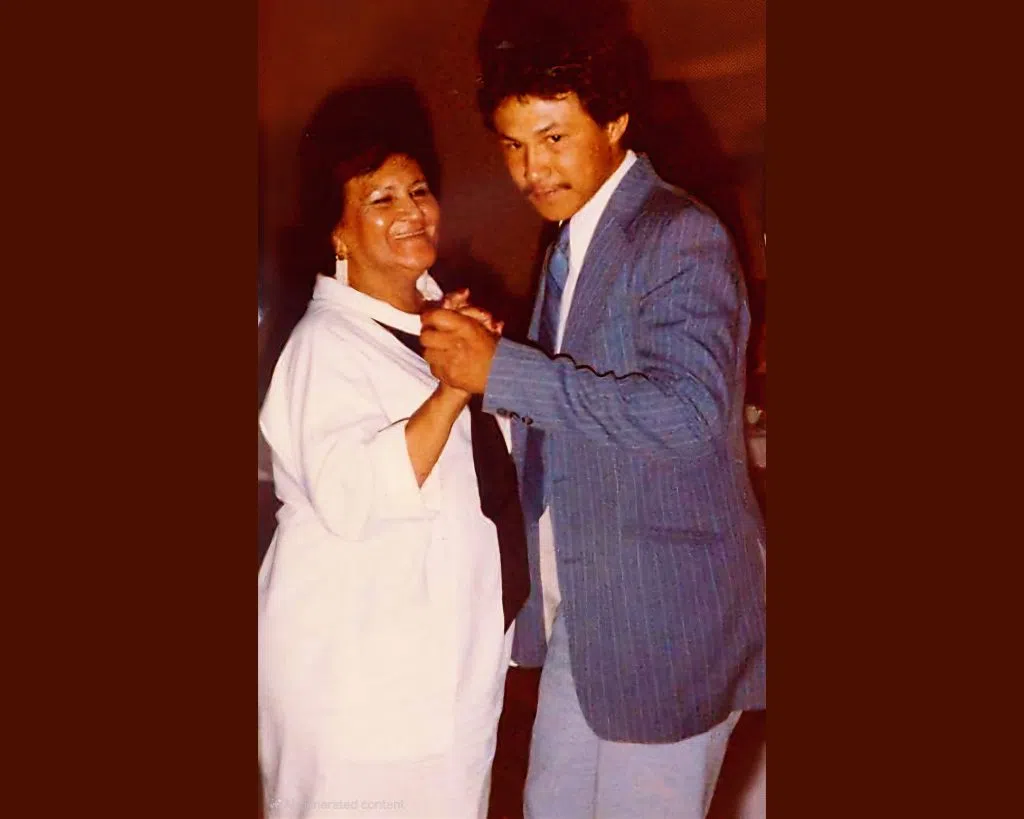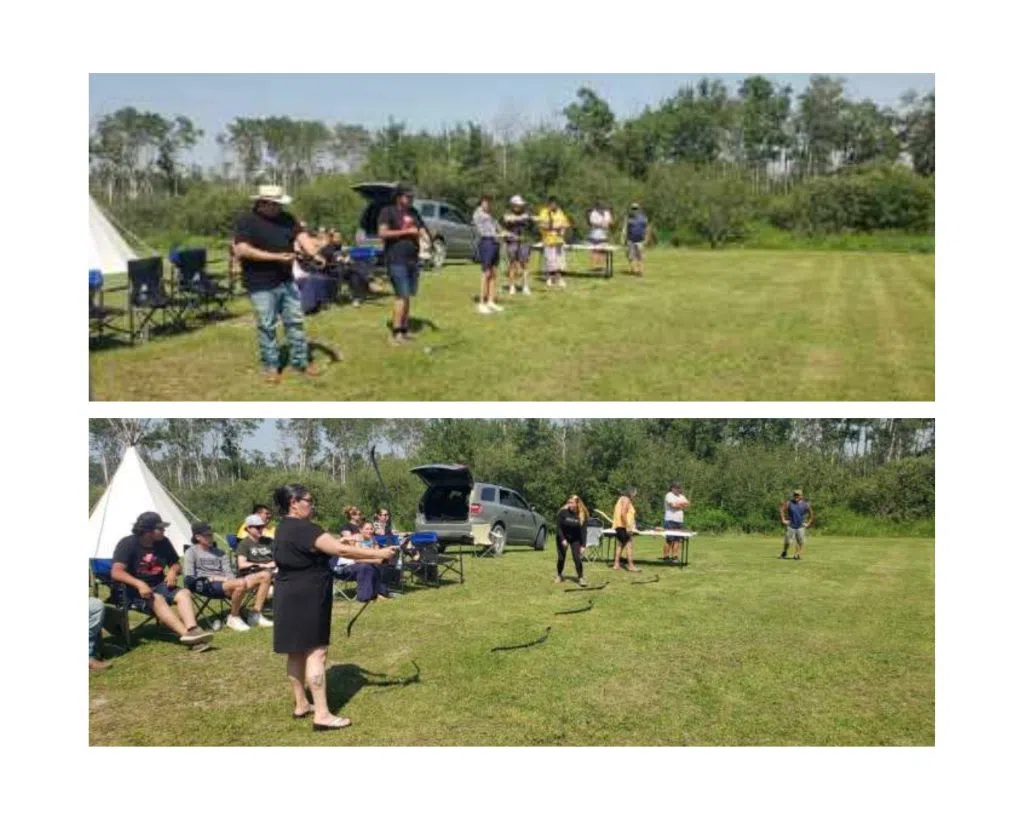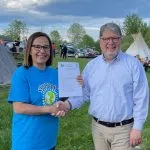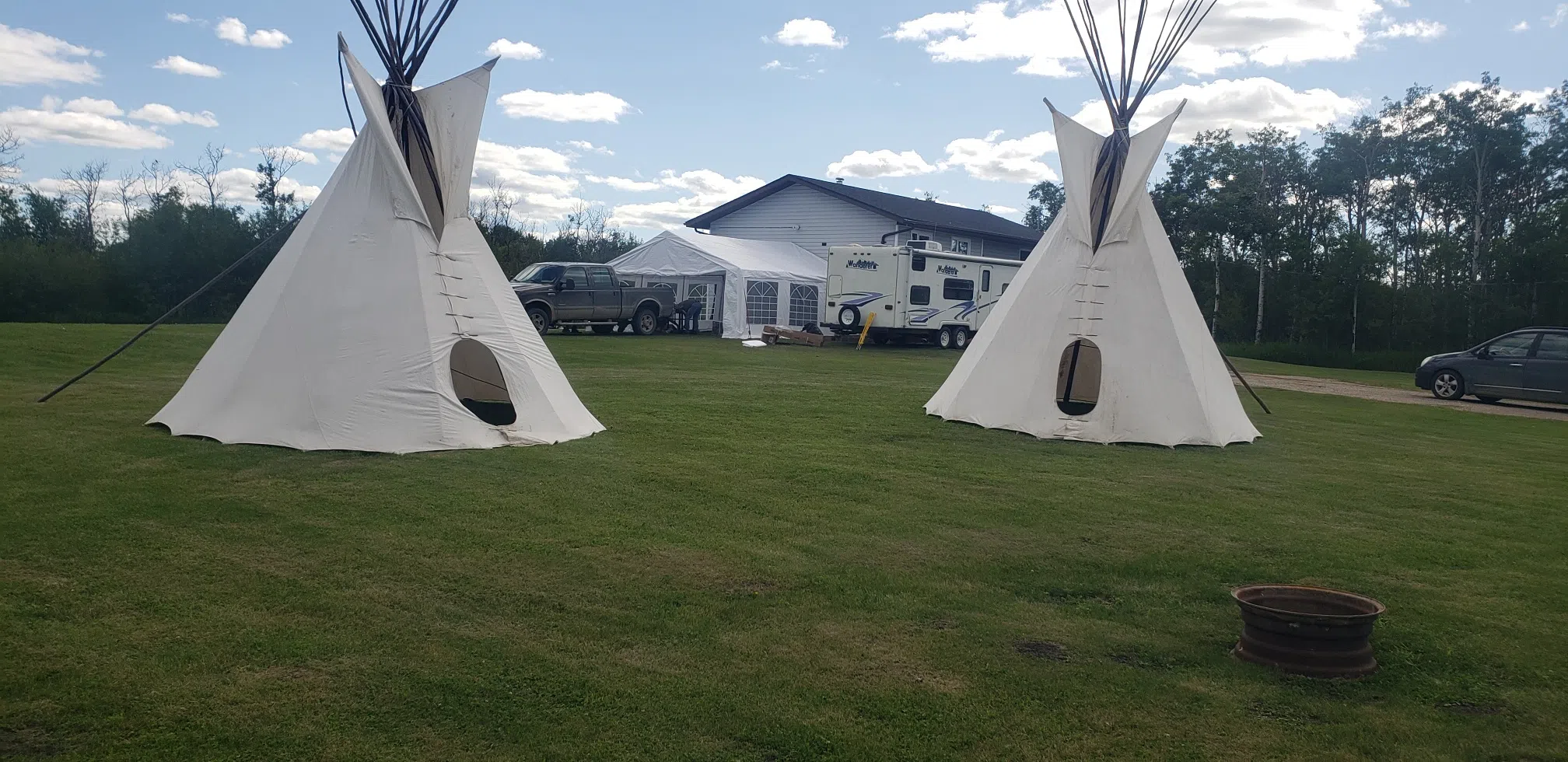
Healing trauma by reclaiming culture, ceremony and the traditional way of life
It’s been more than two decades since Kelly Thomson decided to change his life by embracing his culture – now he wants to share what he’s learned.
“I’m very passionate about helping people who are [battling] their addictions,” he said.
Thomson worked with men in Regina for almost 20 years.
He began first as a helper before being asked to lead the different men’s groups.
Over time, Thomson noticed what worked and what didn’t.
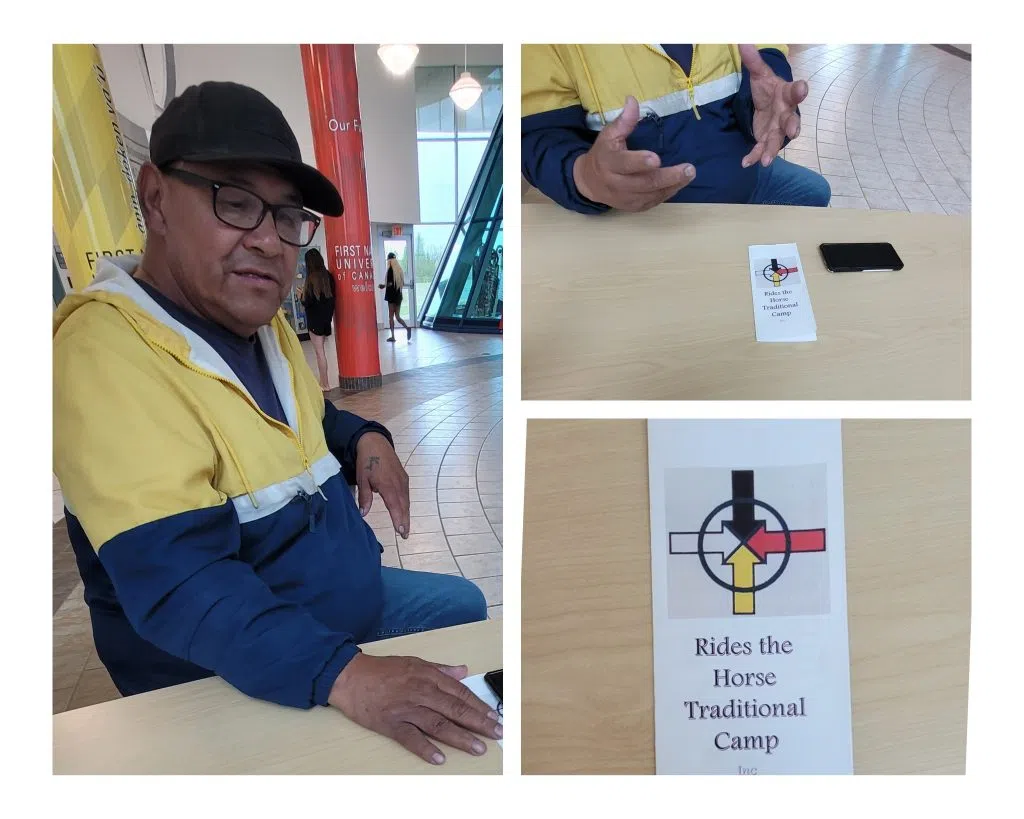
He believes culture and reconnection to the ceremonial life is the key. So last year he took the plunge and invested both his time and money to create the Rides the Horse Traditional Camp. It’s located in his home community of Carry-the-Kettle Nakoda Nation, which is located about 85 km east of Regina.
Thomson explained those seeking help with their addictions need people who understand the underlying issues and who also have the lived experience.
Both of which he has.
“These guys they hear my story…and they can relate,” he said. “I went through foster families when I was seven. Nothing good ever happened out of there. If you name any kind of abuse, that’s what happened to me.”
Those seven years changed him.
“So when I came back when I was 14, I was very violent,” said Thomson. “I got back when alcohol hit the reserve really hard.”
It was not a healthy environment for a youth, but back then, he wanted to be just like his older brothers.
For high school, Thomson attended the Indian Residential School in Lebret.
When he was done, he did what everyone else was doing at the time – he moved to the city.
“We came from all these boarding schools and hung out [at bars], but there were no gangs,” said Thomson. “But of course when there’s trauma and there’s alcohol there’s always going to be someone to fight, so that’s how it all kind of started back in the day.”
It’s a lifestyle he maintained for years and as a result it negatively affected his relationships.
